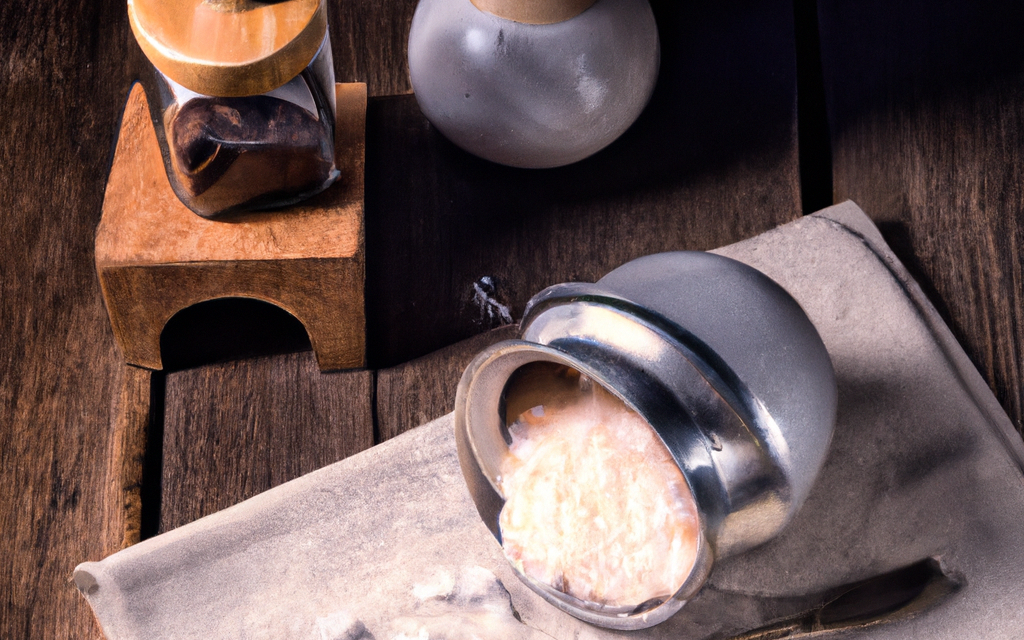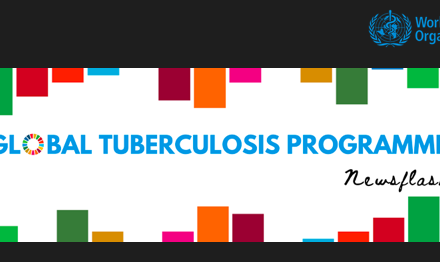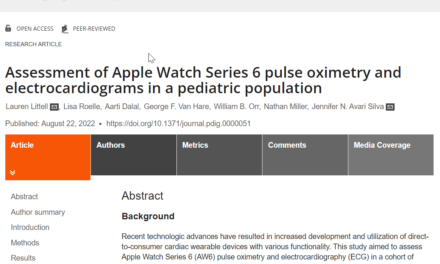A recent study has uncovered concerning trends in sodium consumption among individuals grappling with cardiovascular disease (CVD), with findings indicating a pervasive disregard for recommended intake levels and heightened risk for adverse health outcomes.
Conducted by researchers and presented at the American College of Cardiology’s Annual Scientific Session, the study scrutinized data from 3,170 participants afflicted by CVD, revealing a stark reality: on average, individuals with heart disease consumed more than double the recommended daily allowance of sodium.
The American Heart Association (AHA) advises adults without heart disease to limit sodium intake to no more than 2,300 milligrams (mg) per day, roughly equivalent to a teaspoon of table salt. Alarmingly, the average sodium consumption among CVD patients soared to 3,096 mg daily, surpassing recommended levels by nearly 1,000 mg.
Dr. Jayne Morgan, a cardiologist at the Piedmont Healthcare Corporation, emphasized the deleterious impact of excessive sodium intake on cardiovascular health, underscoring the link between sodium, blood pressure elevation, and heightened cardiovascular risk. Excess sodium, she explained, triggers water retention, escalating blood volume and necessitating increased cardiac workload, culminating in an elevated risk of heart disease.
While sodium overconsumption has long been attributed to limited food choices and dietary habits, the study’s findings painted a nuanced picture. Contrary to prevailing assumptions, individuals at the higher end of the income scale and possessing higher educational attainment exhibited the highest sodium intake, challenging conventional wisdom.
Experts, including Michelle Routhenstein, a registered dietitian nutritionist, and Dr. Morgan, attributed the widespread prevalence of sodium overconsumption to a multitude of factors, including the ubiquity of high-sodium processed foods, cultural dietary norms, and inadequate awareness of associated health risks.
In light of these revelations, experts advocate for heightened vigilance and proactive strategies to curb sodium intake. Routhenstein underscored the importance of scrutinizing food labels, opting for fresh ingredients, and employing herbs and spices as flavorful alternatives to salt. Similarly, Dr. Morgan emphasized the significance of choosing fresh foods, limiting side sauces, and experimenting with spices to enhance taste without compromising health.
As medical science continues to unravel the intricacies of dietary habits and their impact on cardiovascular health, the study’s findings underscore the urgent need for concerted efforts to foster greater awareness and empower individuals to make informed dietary choices conducive to heart health.












